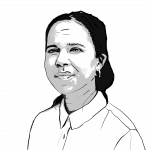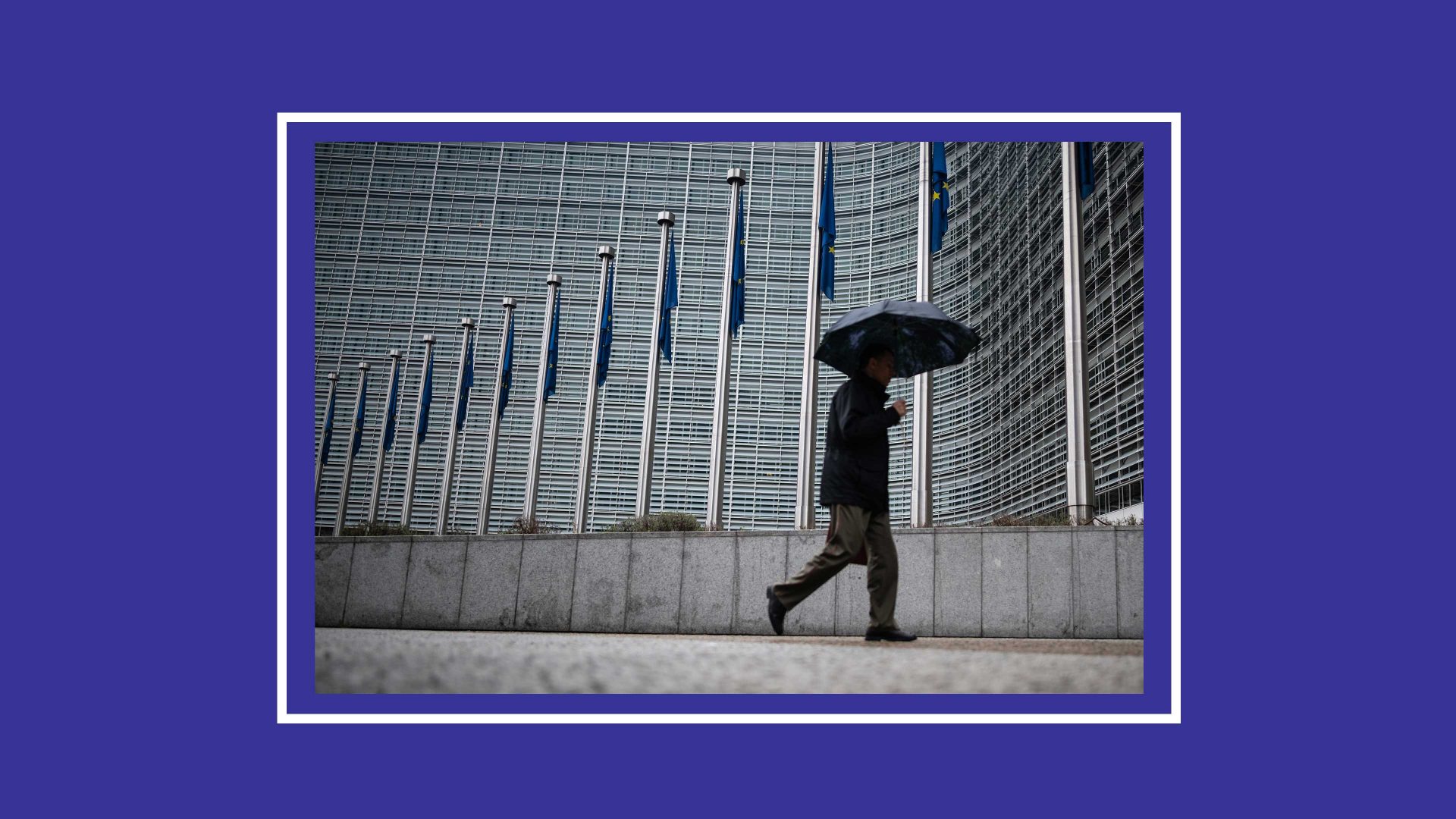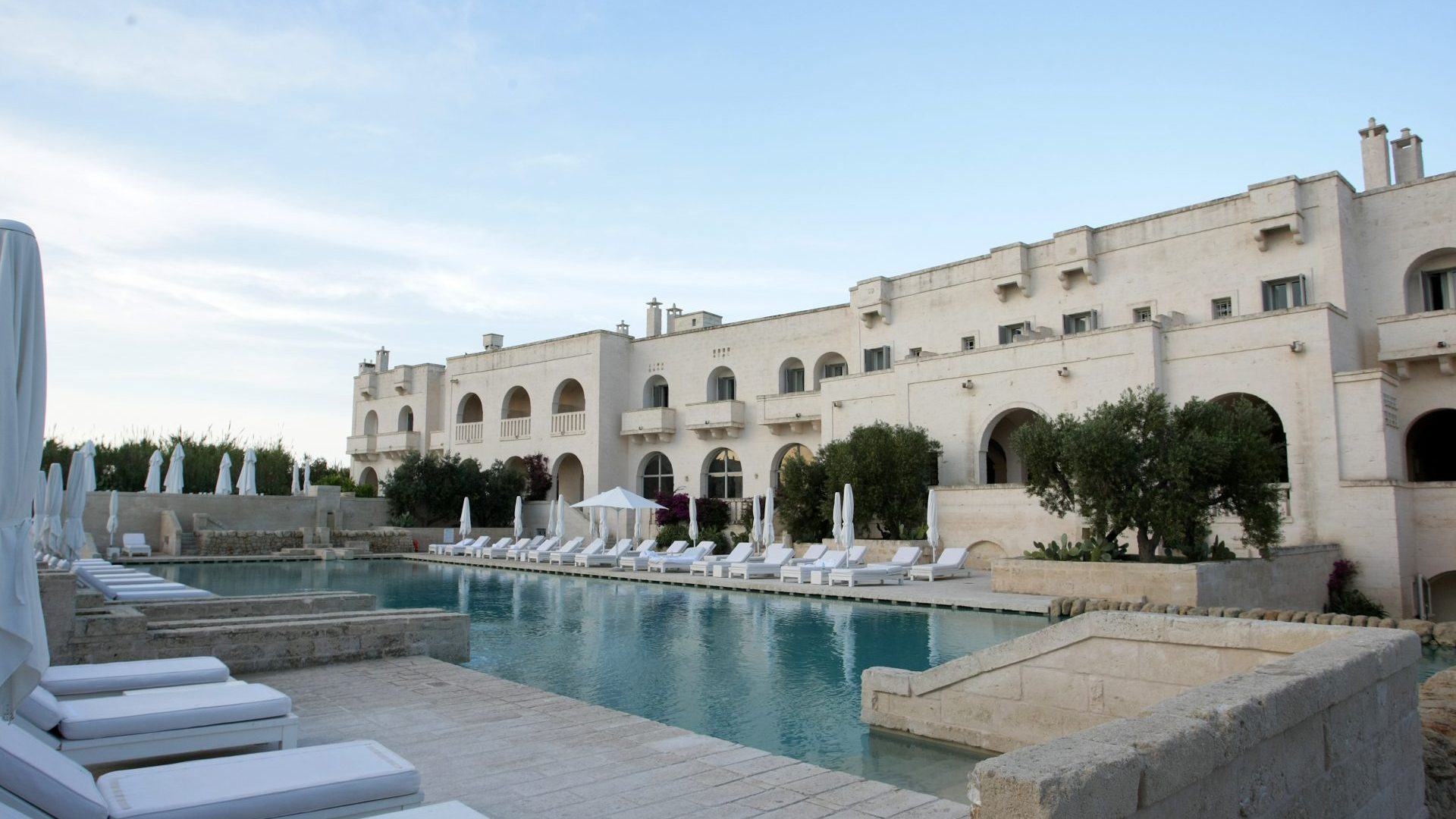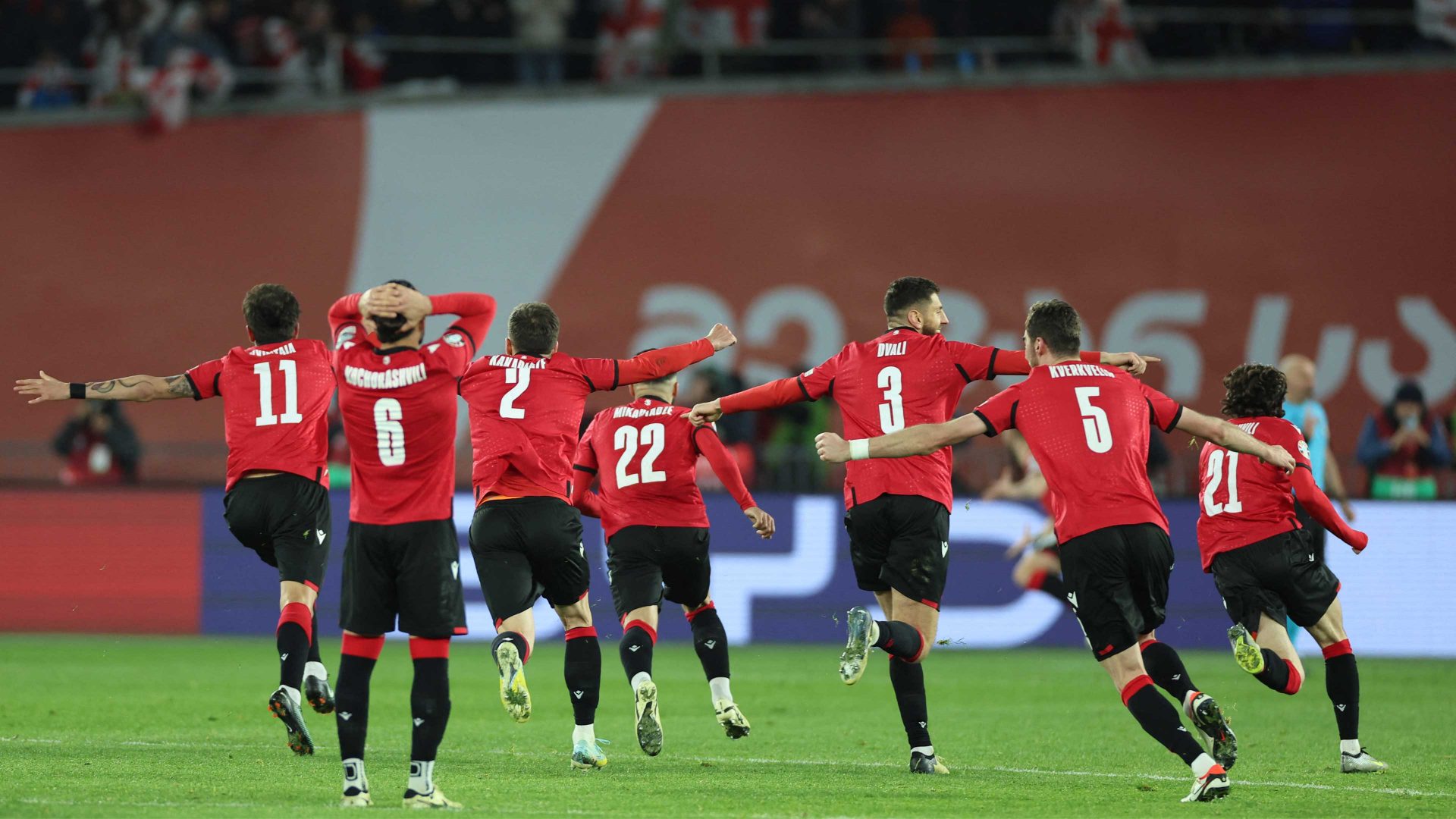The venue in front of me was quintessentially “EU bubble”. Located in a four-storey building within walking distance of the European Parliament and many of the European Commission’s buildings, it seemed like the kind of restaurant that thrives on weekday business lunches and probably wasn’t even open on Saturdays and Sundays. The kind of place where the European Union’s power brokers and the lobbyists that orbit its institutions discreetly negotiate a deal over a steaming risotto before rushing back to the parliament’s corridors of powers to officially seal the deal.
I took a breath, puffed up my chest and stepped inside. After announcing the reservation name for our party, I was briskly shown to our table and browsed the leather-bound menu while I waited for my fellow diners to arrive.
The restaurant’s pricing reflected its business clientele, with most of the dishes costing around €40. Although Brussels has become synonymous with the small section of the city where the EU institutions are located, that neighbourhood is a microcosm, a little island inside the capital. Outside this restaurant, outside the EU bubble, many locals would not be able to eat here. A little under a third of people in Brussels live below the poverty line, which means they have to get by on €1,450 per month, or €48 a day.
I do not fall into that category, but I still found the place absurdly overpriced. Safe in the knowledge that the people I was here to meet would pick up the bill, I resolved to get the most expensive thing on the menu, a poached fillet of sole.
I scanned the room as I waited for the other two people to arrive, and realised I was one of just three women there. With the exception of one female waitress, everyone else in the main dining area was male. The only other person of colour I spotted was a member of the kitchen staff. It all felt very Mad Men, minus the copious cigars and whiskeys.
This, too, didn’t feel like the Brussels I know. With 62% foreign-born residents, my home town is supposedly the second-most diverse city in the world after Dubai. But in the EU quarter, that diversity is squarely intra-EU. People there have French, Romanian, Italian, German backgrounds and so on, and are called expats. Outside the EU quarter, most people with migrant backgrounds hail from north Africa and sub-Saharan Africa. They get called migrants.
When my company finally arrived, a decision was quickly made that we should all get the three-course menu. I sighed as I grieved the short lunch that could have been, and buckled in for a long meeting.
Knowing that this was not the kind of place that would be generous with its portions, I tucked into the bread and butter. Of course, it had awkwardly been placed in the middle of our table. So, every time I took a bit of butter, I prayed it wouldn’t fall off my knife during the winding journey to my plate. Was I meant to immediately butter the bread and have the piece of bread, rather than the butter, do the travelling?
I was certain I was doing something wrong – I could tell by the looks of the person seated diagonally opposite me – but I wasn’t sure what. Was it that I was eating too eagerly?
I tried to focus less on the food and concentrate more on what my interlocutors were saying, but that was hard. After the lunch-hour rush, the restaurant had quickly emptied out and a patron seated close to us had become louder and louder. The bits I picked up weren’t great. The female waitress was at one point called over with a “ma grande” (my big girl) and “merci, mon trésor” (thanks, my darling). His fellow guests looked pained, silently willing him to be quieter, or perhaps wishing he would just ask for the bill.
I was hoping the same. Even though it had been two and a half hours since I arrived, it was decided we should get a coffee. The waitress came over and cleared our table of crumbs by methodically sweeping it with what looked like the world’s smallest knife. I resisted the urge to laugh and point, and instead pretended, like my company, that this was an entirely normal state of affairs.
After coffee, we got up, said our goodbyes and parted ways. I pretended to look something up on my phone so I wouldn’t have to walk the same way as the others. After a strategic minute or two, I started to walk towards my bike and almost had to keep myself from running, so eager was I to get out of the Brussels bubble and back into the real city.
Linda A Thompson is a Belgian journalist and editor living in Brussels




